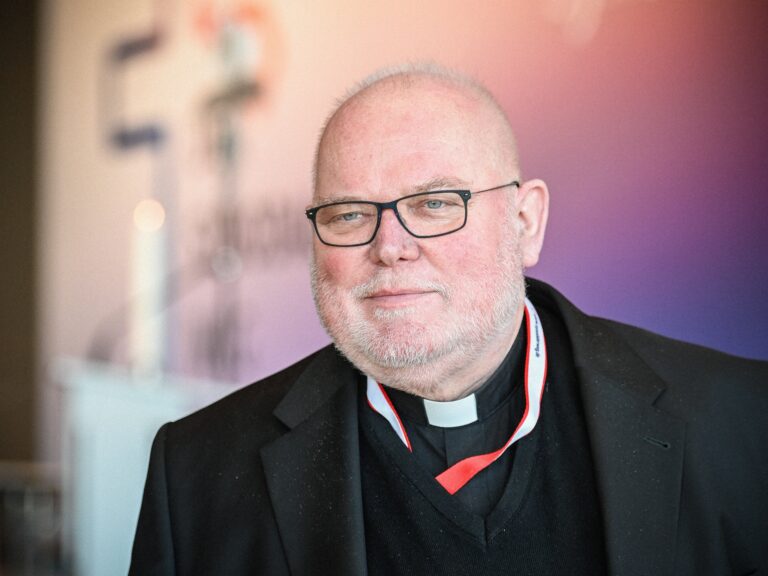An increasing number of dioceses in Germany plan to quickly implement the labour law reform passed by the German bishops.
The draft includes changes that mean people who work for the Catholic Church and live in a second marriage or in a homosexual partnership will in most cases no longer have to brace for their dismissal.
Reforms
The reforms affect about 800,000 people nationwide who work for the Catholic Church or the Caritas welfare organisation in Germany.
In North Rhine-Westphalia, Germany’s most populous state, all five dioceses plan to implement the new labour law. They include the archdiocese of Cologne run by Cardinal Rainer Maria Woelki which confirmed to Germany’s Catholic News Agency (KNA) that it planned to enact the changes. Previously, Germany’s largest diocese in terms of church membership had said the draft would first have to be examined.
In the Cologne archdiocese alone, about 65,000 full-time employees work for the church or Caritas. The dioceses of Muenster, Aachen and Essen as well as the archdiocese of Paderborn had already welcomed the changes on Tuesday and announced they would implement them.
Sexual identity
The Caritas organisation in the Osnabrueck diocese said Bishop Franz-Josef Bode had yet to officially enact the reformed Basic Order. The welfare association’s management in the diocese welcomed the changes. “At last it has been clearly stated that the private circumstances of employees have no significance for their work in our institutions. Sexual identity, the question of which God someone believes in, or other aspects of a person’s lifestyle are private matters,” it said. Caritas employs some 28,500 people in the diocese.
The diocese of Passau told KNA that it wanted to implement the new regulations as quickly as possible following an examination of its compatibility with canon law. The diocese did not give any information on how its bishop Stefan Oster voted in the bishops’ decision on the reforms.
Welcomed
The archdiocese of Berlin had welcomed the amendment on Tuesday. “We see it as an important and decisive contribution on the path to a ‘Church without fear,’” Archbishop Heiner Koch and Vicar General Manfred Kollig said. “We are very grateful to all those in the archdiocese of Berlin who participated in the evaluation and amendment. We see that the Synodal Path has also contributed positively to the new basic order.”
The German local bishops had decided on the amendment of the labour rules on Tuesday. The new version, which required the approval of at least two-thirds of the bishops, is only a recommendation to the dioceses.
Each individual local bishop must implement it in order for it to take legal effect. The more tolerant labour law is in line with the resolutions of the Synodal Path reform consultations underway in the Catholic Church in Germany.



